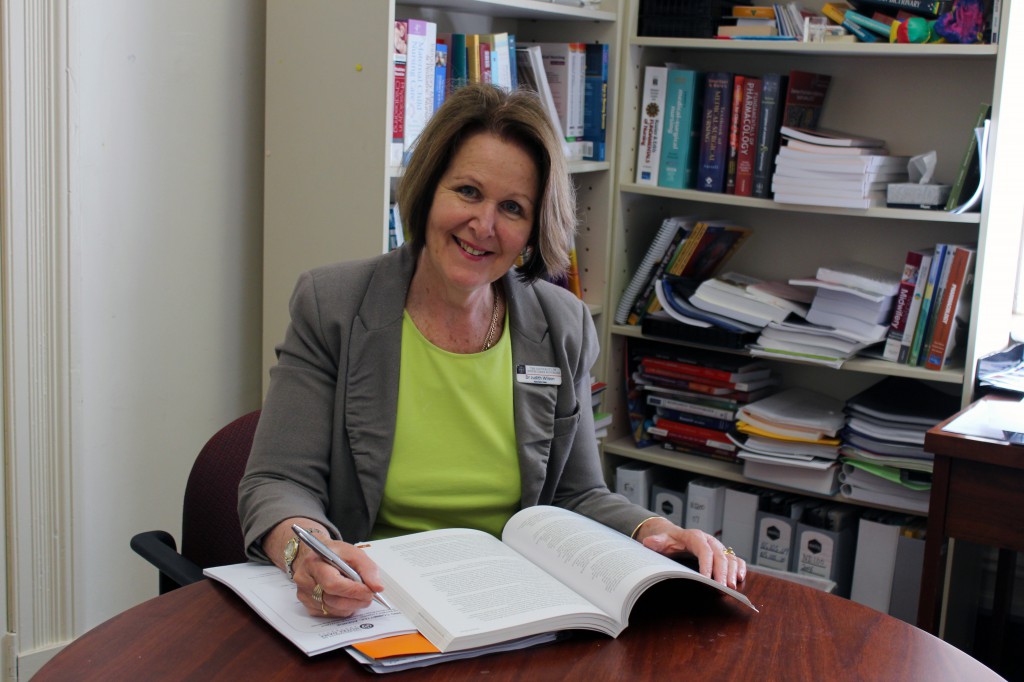
Aboriginal women remain muted and marginalised in the maternity reform debate according to Dr Judith Wilson, a recent PhD graduate at The University of Notre Dame Australia’s Fremantle Campus.
Dr Wilson, Associate Dean Teaching and Learning in the School of Nursing & Midwifery, Fremantle, graduated with her PhD alongside more than 1000 other students across the University’s nine academic Schools at the 2014 December Graduation Ceremony in Fremantle.
Dr Wilson’s study focused on the lived experience of ten urban and rural Noongar women who had given birth over the past two years. Each of the five emergent themes identified elements of tension and trauma in the lead-up to and during childbirth. Dr Wilson says cultural disconnections, broken family relationships, risk taking behaviours and feelings of personal vulnerability negatively impact upon the birthing experience of Aboriginal women in Western Australia.
She found that Noongar women did not have a culturally safe or congruent birthing experience due to a lack of health care professionals’ knowledge and understanding of cultural circumstances and responsibilities for the expectant mother.
“Despite birth outcomes for Aboriginal women and babies being negatively disproportionate to non-Indigenous Australians, little is known about birth from the perspective of the Aboriginal woman in Australia. They remain muted and marginalised in the maternity reform debate,” Dr Wilson said.
“Centrality of family, increased levels of vulnerability, and cultural connection to past, present and future were identified by a group that is culturally challenged and who experienced prejudice and racism at the time of childbirth.”
Dr Wilson says Aboriginal women need more representation within the hospital system to improve their pregnancy and childbirth outcomes. This includes a greater role for Aboriginal women in the decision-making process and the creation of dedicated culturally congruent models of post-natal care.
She believes her research will encourage other Indigenous and non-Indigenous academics to conduct comprehensive studies into health-related outcomes of Aboriginal and Torres Strait Islander peoples, especially the journey of Aboriginal women during pregnancy and childbirth.
“I hope that insights from this research provide a deeper understanding of the birth experience for Noongar women that will enable clinicians, educators and policy makers to plan and deliver more culturally congruent and effective maternity care,” Dr Wilson said. – UNDA